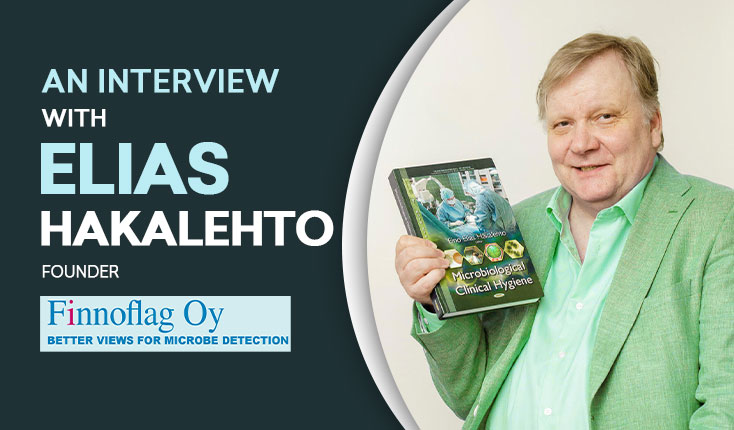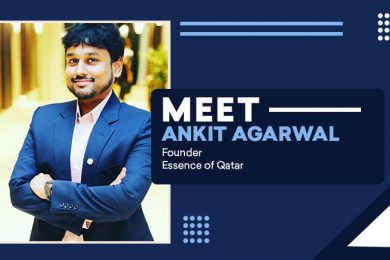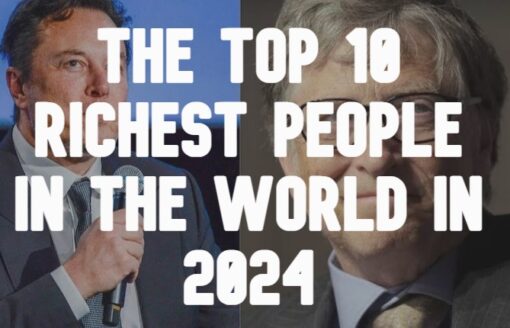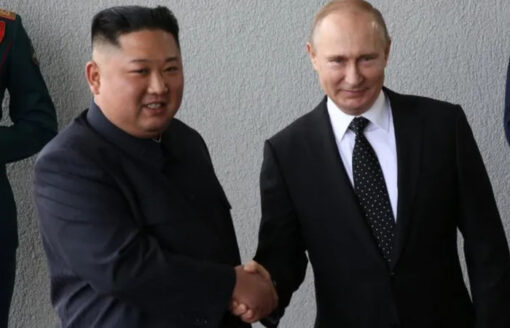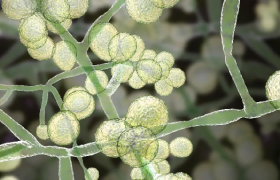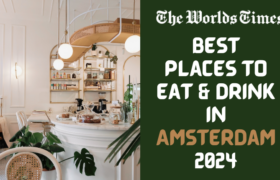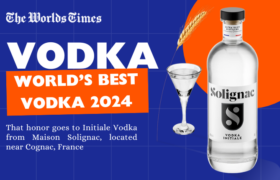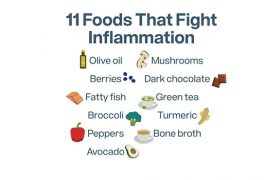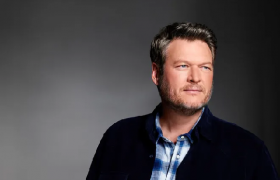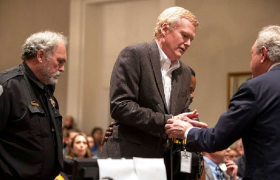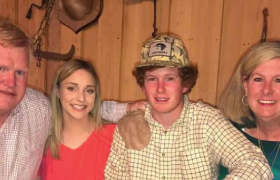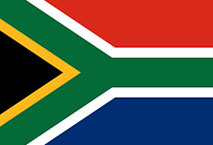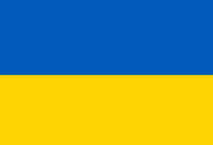Personal Life & Work life of Elias Hakalehto
The Worlds Times: Explain your background and “Finnoflag” (FF) in detail
Elias Hakalehto: As a microbiologist from the University of Helsinki, Finland, I studied biotechnology at the University College, London, the University of Kent at Canterbury, and Westminster University in the U.K. in 1984-85. During my student years, I was a member of the board of Helsinki University´s student union and established its environmental section in 1983. We started many exciting projects there, such as biological agriculture, household waste recycling on the suburban scale, using recycled paper, etc. Then I realized the vast potential of combining biology with industries. Already in England, I could participate in a project where antibiotic-producing genes were cloned in Escherichia coli. In 1986 I was the first researcher of a project between Valio Dairies Corporation and the University of Helsinki to find ways for Valio to get into the probiotics market. Valio acquired and successfully launched the Lactobacillus rhamnosus GG (Goldin&Gorbach) globally under different trade names as a continuum of this project. In 1990-91 I worked as visiting scientist at the University of Jerusalem, departments of Biological Chemistry and Membrane and Ultrastructure Research. Since 1993 I have been conducting R&D with my company Finnoflag Oy on about 150 projects for clients in Finland and abroad. The University of Kuopio published my dissertation in 2000 (now belonging to the University of Eastern Finland). It relates to bacterial cell surfaces and their functionalities. The high idea is to find innovative industrial methods, products, and processes using microbiology, biotechnology, and scientific research thereof. Finnoflag Oy has been the laboratory for the innovation and investigations into new solutions in applied microbiology, biosciences, and industries.
We have also worked on innovations like PMEU (Portable Microbe Enrichment Unit) in the hygiene monitoring and control of water departments, industrial production lines, hospitals etc., and conducted numerous on-site investigations. Between 2012-14 I was the key technology provider in the European Union Baltic Sea biotechnology projects ABOWE participated by six EU countries. During that project, we piloted a pocket-sized factory to treat and refine the forest industry, potato industry, and agricultural side streams in Finland, Poland and Sweden. Since then, we have designed and tested about ten industrial pilots for corresponding purposes, including the ones in the “Zero waste from zero fiber” ecosystem engineering project for the city of Tampere and the Finnish Ministry of Agriculture and Forestry (in 2018-19), where the lake bottom sediments were converted into valuable chemicals, bioenergy, and soil improvement. In today´s world, it is ever-increasing importance to find organic and ecological soil improvement methods for enhanced food production. Equally actual in the complementation of the processes for precious chemicals by the sustainable and economically feasible biorefinery ideas. I am an adjunct professor at the Universities of Eastern Finland (Biotechnical Microbe Analytics, 2008-) and Helsinki (Agroecological Microbiology, 2016-). And the Vice President of the International Society of Environmental Indicators (Europe and Africa) (2015-), being the Chairman of the Helsinki ICEI conference in 2017, and keynote lecturer in numerous global events, including many Food Chemical Technology conferences by United Scientific Inc. since 2017, lifetime fellow member of International Society of Development and Sustainability (Japan) (2021-). In the field of scientific education, for example, I have also designed and lectured on an intensive course in biotechnology at Technion, Israel Institute of Technology in 2018, and given tens of scientific presentations on all continents, as well as teaching at Savonia University of Applied Sciences, Kuopio, during five decades.
Over the years, I have edited and principally authored five scientific books, written or co-written more than 100 chapters to several books by the leading publishing houses globally. I have published about 100 scientific articles and submitted around 80 original patents, many of which have gained international status. Besides scientific approaches and investigations, practical industrial, environmental and food science strategies have been introduced. Also, healthcare subjects have been close to our core activities. It is said that 95% of human diseases have a microbiological link. Moreover, the interlinkage of autoimmunity and nutrient uptake with the microbiome is at the core of our research activities. We have been involved in developing personalized health solutions, such as quantifying probiotic effects. New scientific understanding on the molecular and microbiological dimensions will open new potential for human development, and novel means for planetary survival. This all starts from the grassroot research and development activities.
Goals & Strength of Finnoflag Oy
The Worlds Times: What are your goals?
Elias Hakalehto: Microbes, plants and animals constitute the ecosystems. The
former make the substances circulate. We can complete the sustainable industries
And agriculture by learning to work with microbes, understanding their
metabolism and interactions. Corresponding ecosystem thinking works in many healthcare applications, too.
The Worlds times: What do you feel is the biggest strength of FF
Elias Hakalehto: We have learnt to combine microbial metabolism, and knowledge on the microbial structure and function with highly elevated productivities of precious chemicals, energy compounds, soil improvement and health enhancement. This enhanced enrichment concept can be utilized both in biotechnology and in diagnostics. We also have a strong insight into ecology.
Path & Challenges Faced
The Worlds Times: What is the path you take to get to where you are today?
Elias Hakalehto: We have wanted to apply new scientific data and innovations into real life instantaneously. The fast transfer of inventions into wide practical use is the surest way to success. The work has to be directed toward getting the “sheafs in the field of progress” to be used for the improvement of societies.
The Worlds Times: What have been the biggest challenges you’ve had to overcome during the journey of your leadership?
Elias Hakalehto: Human built-in resistance to new thinking. “All new ideas look crazy at first.”
The Worlds Times: What are the key values which helped you to overcome the challenges in your path? Tell us something about your memorable incident in your leadership?
Elias Hakalehto: Cooperation on the levels of ideas and implementation. Meeting with high-class South Asian scientist, who had established a premium company, still understanding the importance of continuous grassroot R&D work.
Mission of Finnoflag Oy
The Worlds Times: Why did you start FF?
Elias Hakalehto: There was a bridge very much needed for crossing the gap from academia to society, from theory to practice.
The Worlds Times: Give us one word that describes you the best?
Elias Hakalehto: Endeavor
Vision & Competition of Finnoflag Oy
The Worlds Times: What do you value the most about FF vision.
Elias Hakalehto: The idea is what matters. It must get concretized to bring new direction for all. But a fruitful idea will eventually get its form in real life.
The Worlds Times: What are the strategies of FF and how do you stand unique from your competitors?
Elias Hakalehto: We have unique knowledge about microbial communities and metabolism; how different strains interact for the common good of our biosphere. These findings are industrially highly applicable, and they are both sustainable and economically feasible at the same time.
Benefits for Clients from Finnoflag Oy
The Worlds Times: What benefits are clients getting from FF in this competitive world?
Elias Hakalehto: For human, animal, and plant health as well as ecosystem engineering. We combine biological materials with high tech hardware and software and instruments. It is of crucial importance to develop novel technologies for enhanced food production, developing healthcare, and sustainable industries and communities.
Advice from Elias Hakalehto
The Worlds Times: Would you like to say anything else to your viewers?
Elias Hakalehto: Never give up hope.
Achievement of Elias Hakalehto
Thank you! I’ve included for you below the sample list of technologies developed by myself and Finnoflag Oy.
Some examples of essential innovations and/or forwarded technologies by Adj. Prof. Elias Hakalehto and Finnoflag Oy (est. 1993):
- Antigenic patterns of Pectinatus sp. and other strictly anaerobic bacteria; the use in taxonomy and contamination control (with VTT State Research Centre of Finland) (1982-)
- Ultrastructure and molecular research on bacterial surfaces, membranes, flagella and fimbriae (electron microscopy with University of Helsinki and University of Kuopio (1983-)
- Gene cloning (including the development of plasmid vector) in Streptomyces sp. for antibiotic production (in Polytechnic of Central London, now Westminster University of London, UK) (1984-85)
- Outlining the probiotic strategies for Valio, Finnish Dairies Corporation, leading to the later acquisition of the rights for the world-renowned beneficial Lactobacillus rhamnosus (GG strain; Goldin & Gorbach) lactic acid bacterial strain (1986)
- Establishment of full-time biotechnology courses for the University of Kuopio (now the University of Eastern Finland), including industrial training periods (1987-88)
- Visiting scientist in the biotechnology unit of Jerusalem University and the Hadassah Ein Kerem research department, combining molecular research and bioreactor technologies (1990-91)
- Rapid Microbial Detection Project (RMD) funded by Finnish National Fund (1992-95)
- Immuno-PCR analysis in microbiology (1993-94)
- Etiology, immunobiology, and screening of Salmonella sp. bacteria (1993-)
- Structure and function of bacterial flagellin proteins (1995-)
- Analysis of bacterial peptides and their functions (1995-)
- Passive immunization tests and mucosal protection against bacteria and viruses (1997-)
- Portable Microbe Enrichment Unit (PMEU) for enhanced enrichment and microbial detection (more than 50 units tested worldwide in about ten countries plus 50 R&D projects by Finnoflag) (1998-)
- Automated, fast hygiene monitoring of circulation water systems in Paper and Pulp (P&P) industries (2003-)
- Hospital hygiene testing using PMEU strategies (2006-)
- Monitoring of antibiotic bacterial strains in lake waters, beaches, and other recreational waters (partially in cooperation with Karolinska Institutet, Stockholm, Sweden) (2007-)
- Record level productivity of 2,3-butanediol in microbial biorefinery test (8 g/l/h) (2007)
- Initiation of methane production in the PMEU in 30 hours (2008)
- Finnish national Polaris project (Finnoflag as key technology provider) for automated hygiene monitoring and disinfection in water departments (project leaders National Institute of Health, Geological Survey of Finland with 29 institutional participants) (2009-12)
- Development of neonatal and childhood microbiome and its fast surveillance (2009-)
- ABOWE biorefinery pilot project of European Baltic Sea Region six countries with Finnoflag Oy as the key technology provider in the construction of a movable pilot factory at the Savonia University of Applied Sciences, Kuopio, Finland, and in the field testing of P&P industry waste in Finland, food industry side streams in Wroclaw, Poland and agricultural waste and chicken litter in Enköping and Västerås, Sweden (2012-14)
- Record level production of mannitol in different industries by microbial biorefineries using ecosystem fermentation concept (2013-)
- Fast detection of slow-growing Mycobacterium sp. in two days instead of weeks (2013-)
- Microbial biorefineries utilizing meat industry side streams (2013-)
- First method to quantitate the beneficial attenuative and balancing effect of probiotic strains on the gut microflora (ESPEN Conference, Leipzig, 2013)
- Semi-industrial production of biohydrogen out of biorefinery biomasses (2014-)
- Testing of microbe monitoring in Burkina Faso, Mosambik and some other African countries (2014-)
- Monitoring of soil microflora, autonomic Nitrogen fixation, boosting of plant growth by 50% in two months at best (with several plant species) (2015-)
- Studies on dysbiotic soil microbiota of spoiled lands and prevention of desertification (2016-)
- Monitoring of antibiotic-resistant bacterial strains in operation rooms and hospital surroundings (2017-)
- Chairmanship and organizing of the 22nd International Conference of Environmental Indicators in Helsinki, Finland, with the central theme “Microbiome and Health: Indications of Sustainable Agriculture and Food-Chain” (2017)
- “Zero waste from zero fibre” project in Tampere, Finland, with Finnoflag Oy as the principal planner and key technology provider in the testing of pilot biorefinery for the utilization of up to 100 years of sedimented and accumulated cellulosic waste of the lake bottom (project funded by Finnish Ministry of Agriculture and Forestry) (2018-19)
- Participation in the global webinars and think tank of the “Mosaic of Autoimmunity” arranged by Israeli Academician Professor Yehuda Shoenfeld at Sheba Medical Center, Israel (2020-)
- Hygiene control, epidemics prevention and novel biorefinery solutions for global food industries and distribution (2020-)
- Record level production of lactate in microbial biorefinery in forest industry and ecosystem engineering projects (2022-)
Many Finnoflag initiatives and projects conducted by Adjunct Professor Elias Hakalehto form a series of continuous innovation platforms.
Connect Elias Hakalehto on Linkedin
